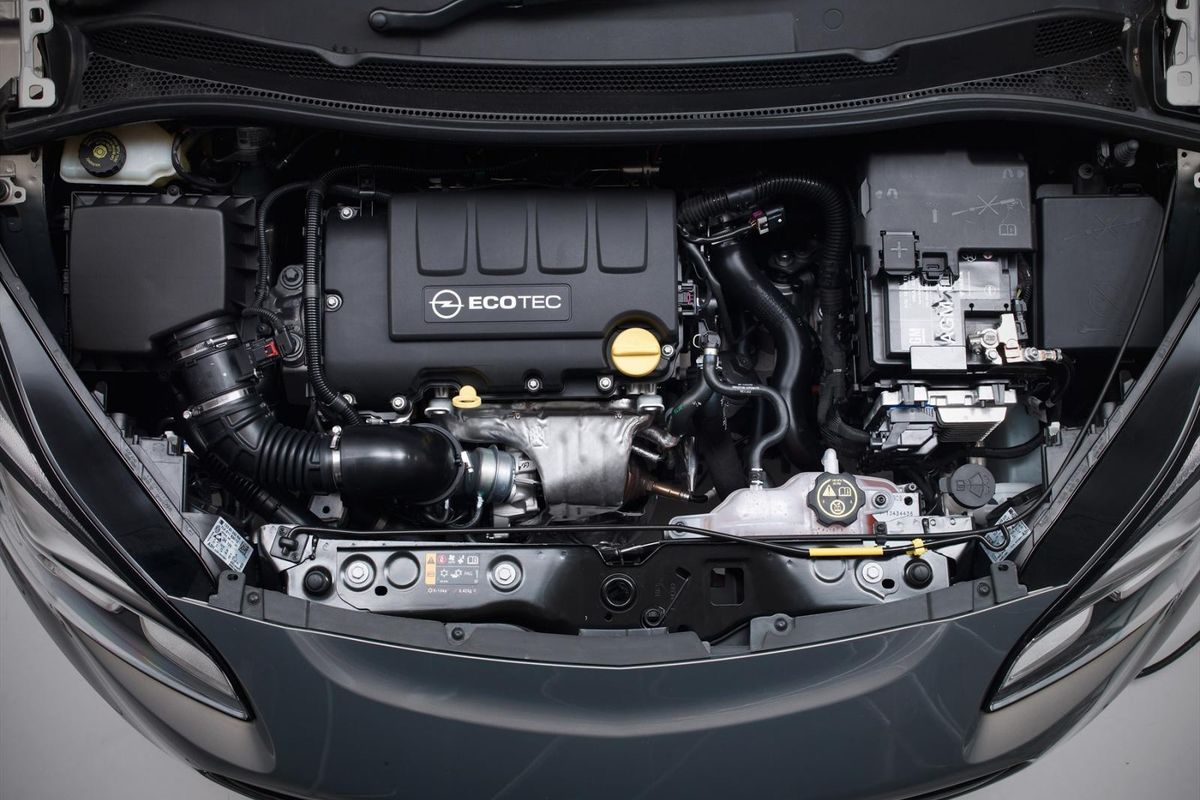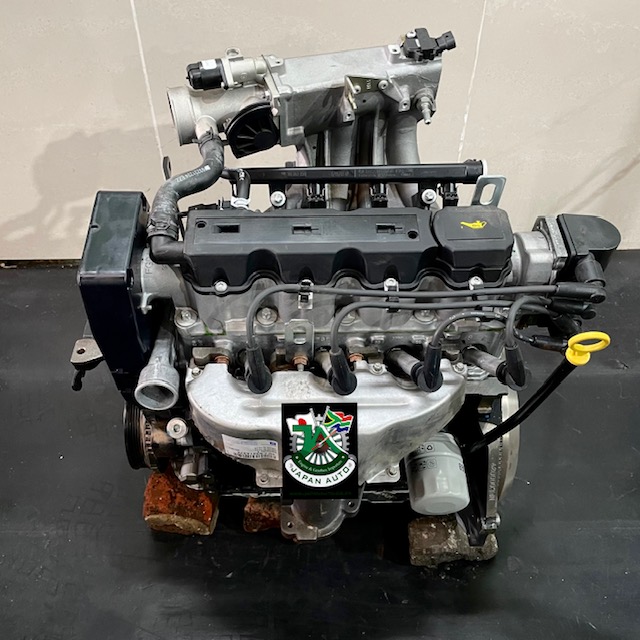Opel Corsa 1.4 Engine Price Contrast: Unequalled Offers Await at Automobile Components Center
Opel Corsa 1.4 Engine Price Contrast: Unequalled Offers Await at Automobile Components Center
Blog Article
Engine Acquiring Specialist Tips on Picking the Right Engine for Your Details Requirements
Choosing the best engine for your specific demands includes a complex interaction of factors that go past simple horse power figures. By diving into the intricacies of power versus performance, examining gas scores, and budgeting for long-term expenses, one can really maximize their engine choice.
Power Vs. Efficiency: Finding the Equilibrium
When selecting an engine, it is crucial to strike an equilibrium between power and effectiveness to meet your certain requirements efficiently. Power describes the engine's ability to generate energy for propulsion, establishing factors like velocity, towing ability, and total efficiency - Opel Corsa 1.4 Engine Price. On the various other hand, efficiency associates with how well the engine uses gas to create power, influencing elements such as fuel economic climate and ecological kindness
Attaining the right balance between power and efficiency is vital because an engine that is as well effective might consume excessive fuel, bring about greater operating costs and unnecessary strain on the atmosphere. On the other hand, an engine that focuses on effectiveness over power might lead to sluggish efficiency, specifically sought after circumstances like pulling hefty tons or driving uphill.
To make a notified decision, consider variables such as your typical driving conditions, the designated use of the vehicle, and your individual preferences. By evaluating your top priorities and demands, you can select an engine that strikes the best equilibrium in between power and effectiveness, guaranteeing ideal performance while decreasing environmental influence and operating expense.
Understanding Engine Size and Kind
To even more improve the choice process of an engine that strikes the optimal equilibrium between power and efficiency, it is vital to explore the complexities of comprehending engine dimension and type. Engine size refers to the complete quantity of air and fuel that can be pushed via the engine cyndrical tubes. It is typically determined in litres or cubic centimeters. Larger engine sizes generally cause more power outcome yet can also result in reduced fuel efficiency. On the other hand, smaller sized engine dimensions are often much more fuel-efficient but might give up some power.
Usual engine kinds include inline engines, V engines, and rotary engines, each with its one-of-a-kind advantages and disadvantages. Recognizing the interplay between engine dimension and type is crucial in picking an engine that aligns with your certain demands and priorities, whether it be power, performance, or an equilibrium of both.

Consider Your Car's Needs
Considering your lorry's requirements is a basic step in the engine option process to ensure ideal efficiency and performance. It is important to review elements such as the meant use the automobile, its weight, towing ability, and gas effectiveness needs. If you are looking for an engine for a durable vehicle that will be used for towing, you will certainly require a powerful engine with high torque abilities. On the various other hand, if you are picking an engine for a small auto mainly utilized for city travelling, gas efficiency may be a much more essential element to think about.
If you regularly drive in uneven or mountainous locations, a robust engine with good climbing up power will be essential. By aligning the engine requirements with your automobile's needs, you can ensure that your vehicle runs successfully and satisfies your performance assumptions.
Assessing Gas Efficiency Ratings
Analyzing fuel performance scores is a vital facet of selecting the appropriate engine for your automobile, guaranteeing price savings and environmental sustainability. Gas efficiency rankings, usually measured in miles per gallon (MPG) for gas engines or kilowatt-hours per 100 miles (kWh/100 miles) for electrical engines, suggest exactly how far a lorry can travel on a details amount of gas or electrical power. Greater MPG or lower kWh/100 miles values symbolize more effective engines, translating to decreased gas costs and lower carbon exhausts.
When assessing fuel effectiveness rankings, consider your driving habits and requirements. A highly fuel-efficient engine can result in significant cost savings over time if you commute long ranges daily. In addition, compare different engine alternatives within the exact same automobile course to recognize the most economical option. Aspects such as engine dimension, weight, the rules of aerodynamics, and crossbreed or electric capabilities can all influence fuel effectiveness.
Budgeting for Long-Term Expenses
Purposefully intending for long-term costs is necessary when picking an engine, ensuring monetary sustainability over the lorry's life-span. While the first acquisition rate of an engine is a significant check factor, it is crucial to consider the lasting prices connected with maintenance, repair work, and fuel consumption. Selecting an extra fuel-efficient engine may have a higher ahead of time price yet can result in substantial financial savings gradually. Routine maintenance, such as oil adjustments, filter substitutes, and tune-ups, is important to keep the engine running efficiently and successfully, minimizing the risk of pricey fixings down the line.
Additionally, researching the schedule and cost of substitute components for the chosen engine is essential in spending plan preparation. Engines with conveniently available and budget-friendly components can substantially affect lasting maintenance costs. In addition, considering the engine's durability and expected life expectancy can aid avoid unanticipated replacement expenses in the future. By meticulously budgeting for these long-term costs and factoring them right into the decision-making procedure, people can select an engine that not only satisfies their prompt demands but likewise stays cost-efficient throughout its life-span.
Final Thought
To Get More Information conclude, picking the ideal engine for your details demands calls for stabilizing power and performance, understanding engine size and kind, considering your vehicle's demands, assessing fuel efficiency ratings, and budgeting for long-term costs. By very carefully taking into consideration these variables, you can make certain that you pick an engine that satisfies your requirements and provides optimum efficiency for your automobile.
To even more refine the choice process of an engine that strikes the optimum equilibrium between power and efficiency, it is important to dive right into the complexities of understanding engine dimension and type. Engine dimension refers to the total quantity of air and fuel that can be pressed with the engine cylinders. Typical engine types consist of inline engines, V engines, and rotary engines, each with its one-of-a-kind benefits and disadvantages. Understanding the interaction in between engine size and type is crucial in selecting an engine that straightens with your particular requirements and priorities, whether it be power, effectiveness, or an view publisher site equilibrium of both.

Report this page